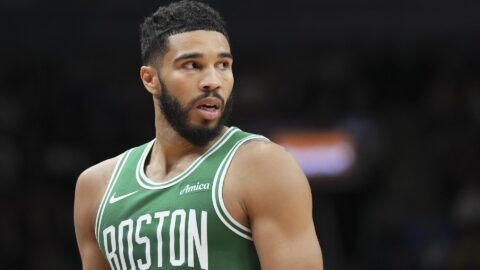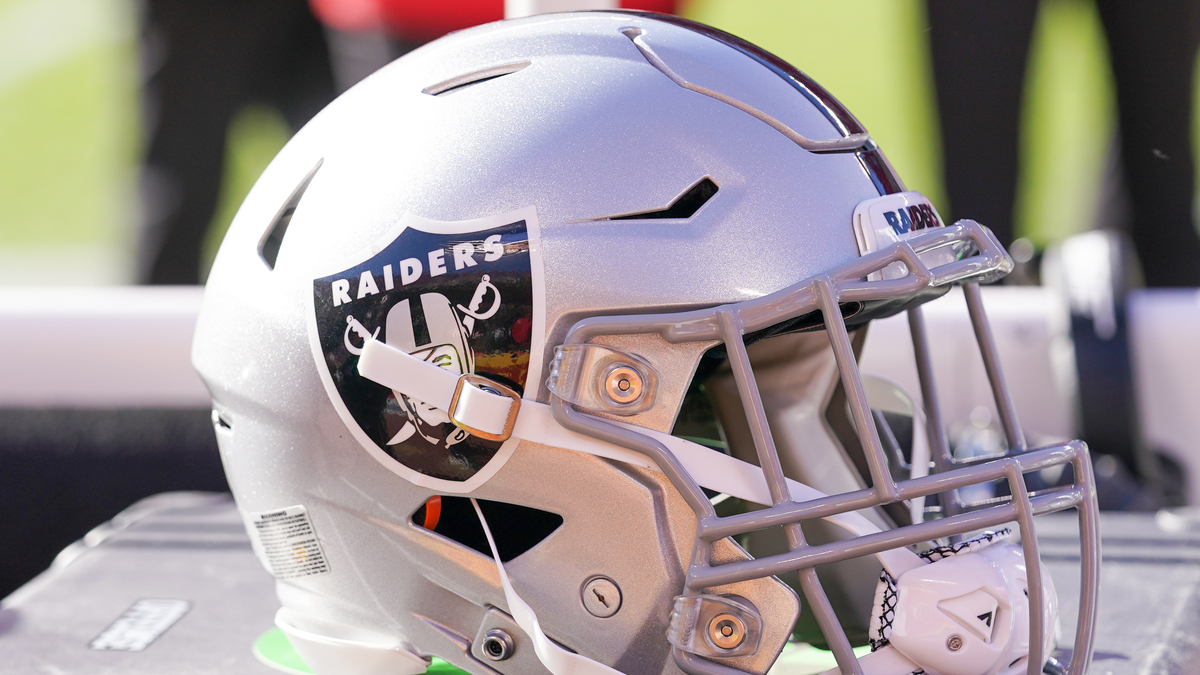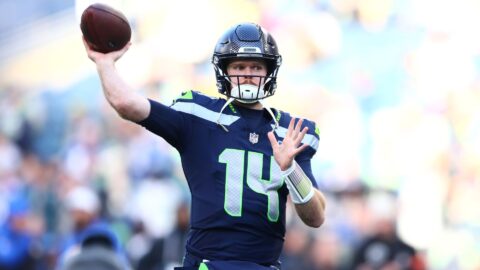 Michael Jordan won titles by passing off to John Paxson, then Steve Kerr. Now he appears to be dishing to Rich Cho for another longshot.
Michael Jordan won titles by passing off to John Paxson, then Steve Kerr. Now he appears to be dishing to Rich Cho for another longshot.
Whereas Paxson and Kerr nailed shots to clinch championships for Jordan and the Chicago Bulls, none of their tasks were as daunting as what Cho has laid out for him as general manager of the Charlotte Bobcats. All Paxson and Kerr needed to do was hit jump shots. Cho needs to remake a franchise's culture in the front office, on the court and in the community.
Jordan, the primary owner of the Bobcats since 2010, proved long ago that the unshakeable will that made anything possible for him on the hardwood did not easily translate to other endeavors. No matter how passionately he worked to improve at baseball, he hit a wall with the Double-A Birmingham Barons in 1994. The best players from his time as an executive for the Washington Wizards were Richard Hamilton, whom he traded to Detroit, and himself. He should understand that building a winning team requires more than a simple, maniacal work ethic — like playing a sport, it requires special skills as well.
It took some time for Jordan to come around on this point, though, if Jordan indeed is capable of stepping aside to give greater control to his general manager in Cho's second season in Charlotte, as reported by ESPN the Magazine. Jordan's post-playing career has been marked with some curious decisions, and not merely in regard to his wardrobe. After the Kwame Brown fiasco in Washington, Jordan should have started to doubt his talent evaluation skills. After the Adam Morrison debacle in Charlotte, he should have turned over personnel control entirely to Rod Higgins. Once may be an accident; twice is a trend. Five or six times is a problem.
Cho has been granted a good deal of credit — possibly too much credit — for his role in the Oklahoma City Thunder's turnaround. With Cho serving as the assistant general manager, the small-market Thunder built through the draft and with shrewd trades, building on the small-market model of organizations like the San Antonio Spurs and the Utah Jazz. Playing in the sixth-smallest media market in the NBA, the Bobcats need the same sort of low-cost, high-reward system to be successful.
But much of the "model" espoused by the Thunder, Spurs and Jazz also relies on a great deal of luck. The Thunder (then the Sonics) were lucky to lose the draft lottery to the Portland Trail Blazers in 2007, allowing them to select Kevin Durant rather than the cautionary tale formerly known as Greg Oden. (And the Sonics absolutely would have drafted Oden, as pretty much everyone would have at the time.) The Spurs were fortunate to have an abnormally putrid season in 1996-97 due to David Robinson's injury, which enabled them to draft Tim Duncan to pair with Robinson. The Jazz were lucky at first that their 26-win campaign in 2004-05 netted them Deron Williams, although they passed on Chris Paul and did not consider themselves so lucky in 2011 when they had to trade away Williams for young players and draft picks.
The Bobcats need a bit of that luck to become any good anytime soon. Michael Kidd-Gilchrist is a glue player, but not a franchise-transforming one, so Charlotte will need to stink for at least another season or two if they want to land the star who will take them over the top. Jordan has always been notoriously impatient — it took less than half a season for him to sour on talented teammates like Stacey King, Dennis Hopson and Will Perdue, to devastating effect for those young and impressionable players — and he was never content to suffer Higgins' deliberate planning in his first six years with the Bobcats. (Jordan had a minority ownership stake and full control over basketball operations from 2006-2010.)
The Thunder/Sonics were a national joke for four years before they broke through with a 50-win season in 2009-10, more than doubling their victory total from the previous season — and the ridicule still could not drown out the furor of ownership being vilified by Seattleites and fans everywhere. Jordan will need to suffer some level of indignity of this kind and resist the urge to act drastically, undermine Cho's authority and undercut any plan, however arbitrary, the front office will have in place.
Jordan and the Bobcats may believe, for now, that the greatest individual player in NBA history will be able to keep his hands out of day-to-day basketball matters for the good of the organization. It is September, and there is little to do for basketball executives, so those executives can imagine a world in which they practice a laissez-faire management style and watch their underlings make nothing but winning moves.
When training camp opens and the games arrive, though, Jordan may begin to feel antsy in that backseat. Jordan is first and foremost a competitor, and we will see just how much unequivocal trust he has in Cho when the losses start to mount.
Have a question for Ben Watanabe? Send it to him via Twitter at @BenjeeBallgame or send it here.
Photo via Flickr/djbelc01



